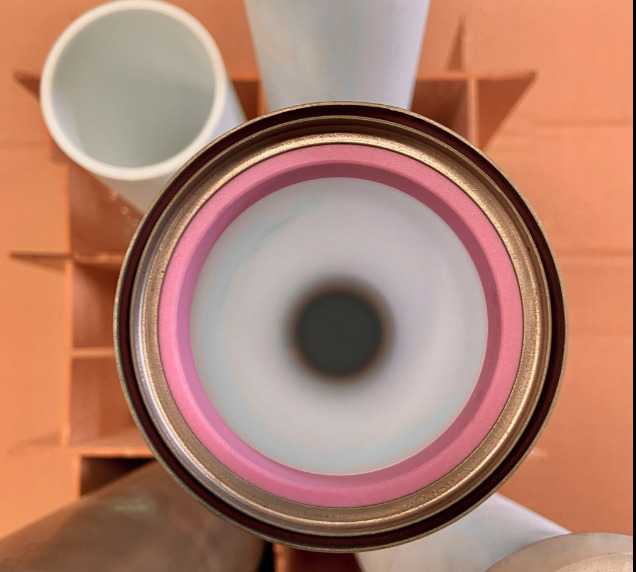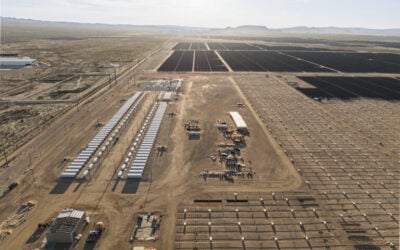
Inlyte Energy has completed a seed funding round to develop its iron and salt-based battery technology, which it claims has high efficiency, long lifetime, ‘competitive’ energy density, excellent safety and an ultra-low cost.
The California-based firm has raised the capital from At One Ventures, which led the round, along with First Spark Ventures, Valo Ventures, TechEnergy Ventures, Climate Capital, Anglo American and other investors.
Enjoy 12 months of exclusive analysis
- Regular insight and analysis of the industry’s biggest developments
- In-depth interviews with the industry’s leading figures
- Annual digital subscription to the PV Tech Power journal
- Discounts on Solar Media’s portfolio of events, in-person and virtual
The company said its solution leverages the proven design of the previously-commercialised sodium metal halide battery, and Inlyte CEO and founder Dr. Antonio Baclig explained how it would go one step further than that technology ultimately did.
“Conventional sodium metal halide batteries, made from nickel and salt, were developed for electric vehicles in the 1980s and ’90s but never made it down the cost curve,” he explained.
“At Stanford, I realised that by optimising that design for the grid instead of for vehicles, and by using iron instead of nickel, we could drive the cost incredibly low. Inexpensive storage is what will truly make wind and solar a competitive total solution versus fossil fuels, not just in California but everywhere in the world.”
The company said that iron and salt batteries can also operate in extreme heat or cold, unlike lithium-ion ones, making them well suited for locations with increasingly high temperatures.
The firm is targeting the diurnal (daily) energy storage market with a storage duration of 4-10 hours, which it claimed its batteries will provide excellent round-trip efficiency (RTE). Lithium-ion is over 90% for comparison.
This time last year Inlyte acquired Beta Research Ltd, which is composed of the core team of scientists in the UK who originally developed the sodium metal halide battery technology 40 years ago and brought it to commercial readiness. Beta has an existing production line with 30,000 square feet of manufacturing and testing space, quickening Inlyte’s route to market once design is complete.
“The experience of the Beta Research team and their facilities give Inlyte a significant advantage compared to other battery startups in this space. They don’t need to find a pilot factory, get the tooling, or figure out how to manufacture,” said Laurie Menoud, founding partner at At One Ventures. “Inlyte’s ability to compete with lithium-ion on lifetime, round-trip efficiency, and of course upfront cost also gives them a significant opportunity in a market that’s exploding right now.”
The announcement also said that iron and salt batteries have no risk of fire.
Inlyte Energy plans to set up a US manufacturing plant to leverage the Inflation Reduction Act’s incentives, including a US$35/kWh direct payment for battery production and a 10% domestic content adder to the investment tax credit for downstream projects.
Another notable company that has a stationary energy storage solution using iron and salt-based battery technology is flow battery firm ESS Inc.






